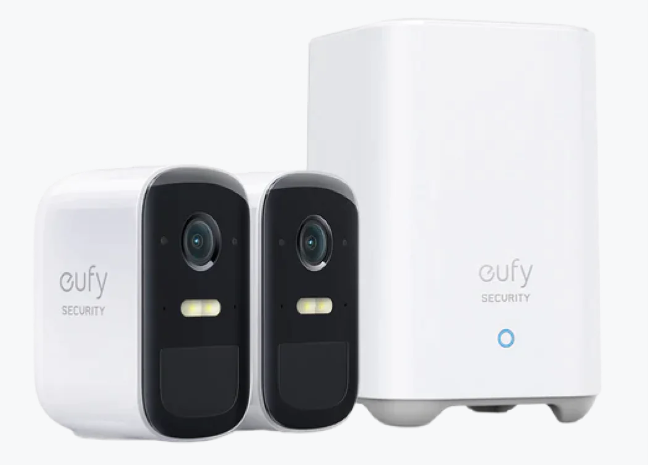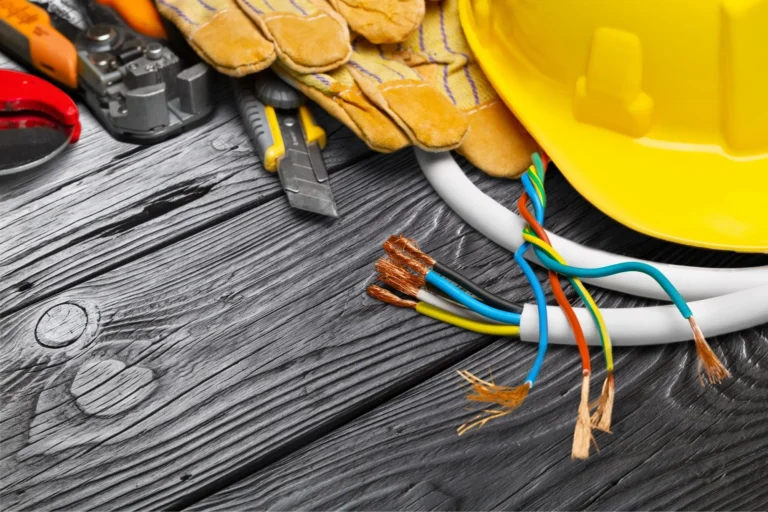Wired or Wireless Home Security Cameras: Which to Choose

Choosing the right home security camera system is a pivotal decision in safeguarding your home. One of the primary considerations is whether to opt for wired or wireless cameras. Each option comes with distinct advantages and limitations, influencing factors like installation ease, reliability, and overall performance. In this guide, we’ll delve into the pros and cons of both wired and wireless home security cameras, empowering you to make an informed decision that aligns with your specific security needs.
Contents
How to Choose between Wired and Wireless Home Security Cameras
Now let’s explore the pros and cons of each option to help you make an informed decision tailored to your specific requirements.
Wired Home Security Cameras
Pros:
1. Reliability
Wired cameras are known for their reliability. They establish a direct and stable connection to the recording or monitoring system through physical cables, minimizing the risk of signal interference or loss. This reliability ensures continuous surveillance without disruptions.
2. Consistent Power Supply
Wired cameras typically draw power directly from the electrical grid, ensuring a consistent and reliable power supply. This eliminates concerns about battery life, making wired cameras suitable for long-term surveillance needs without the need for frequent maintenance.
3. Secure Connection
The physical nature of wired connections enhances the security of the surveillance system. Since the data transmission occurs through cables, the risk of unauthorized access or hacking is minimized, providing a more secure environment for your footage.
Cons:
1. Complex Installation
Setting up wired cameras may be more intricate and time-intensive in contrast to their wireless counterparts. The process frequently includes threading cables through walls, ceilings, or conduits, potentially necessitating professional aid. This intricacy has the potential to extend both the installation duration and expenses.
2. Limited Flexibility
The physical cables limit the flexibility of wired cameras in terms of placement. Once installed, it can be challenging to reposition or relocate these cameras, making them less adaptable to changing security needs or property layouts.
Wireless Home Security Cameras
Pros:
1. Easy Installation
Wireless cameras are known for their easy and hassle-free installation. Without the need for physical cables, these cameras can be quickly mounted and connected to the recording system, making them an attractive option for DIY installations.
2. Flexibility in Placement
Wireless cameras offer greater flexibility in terms of placement. Without the constraints of cables, these cameras can be easily repositioned or relocated to adapt to changing security needs or to cover different areas of your property.
3. Scalability
Wireless systems are often more scalable than wired systems. Additional cameras can be integrated into the system with minimal effort, making it easier to expand your surveillance coverage as needed.

Cons:
1. Potential Signal Interference
Wireless cameras might encounter disruptions in signal transmission caused by various factors such as interference from other devices or obstacles like walls and sizable objects. This interference has the potential to degrade the quality of the signal, affecting the overall dependability of the surveillance system.
2. Battery Dependency
Many wireless cameras rely on batteries for power, introducing the need for regular maintenance and battery replacements. This can be a drawback in scenarios where consistent, long-term surveillance is required, as the need for battery changes can be both inconvenient and costly.
Making the Right Choice
Overall, the decision between a wired and security cameras wireless depends on your specific needs, priorities, and the layout of your property. If reliability, consistent power supply, and secure connection are paramount, wired cameras may be the preferred choice. On the other hand, if easy installation, flexibility, and scalability are key considerations, wireless cameras offer a convenient and cost-effective solution. Ultimately, evaluating the pros and cons of each option in the context of your security requirements will guide you toward selecting the most suitable home surveillance system for your needs.





